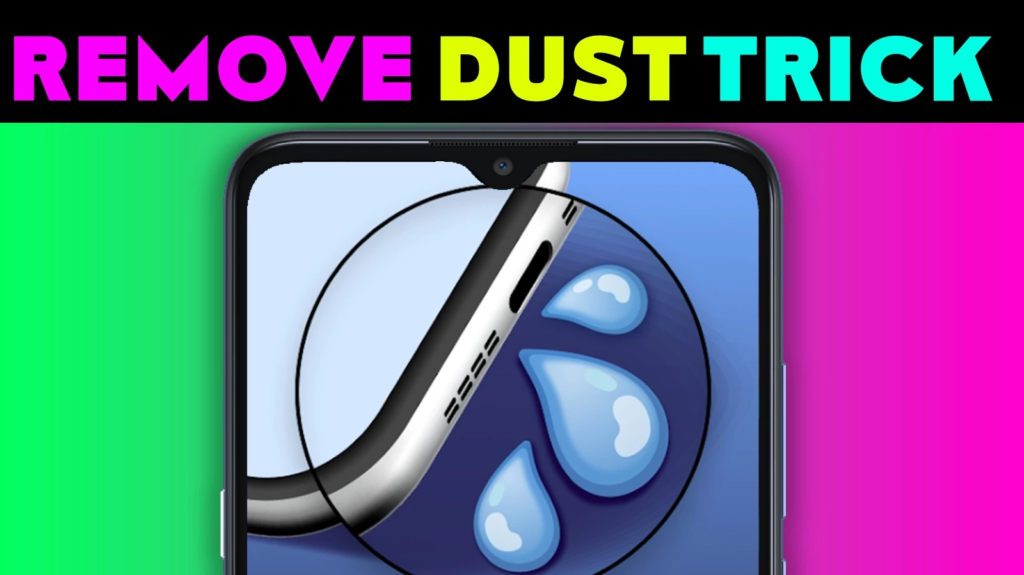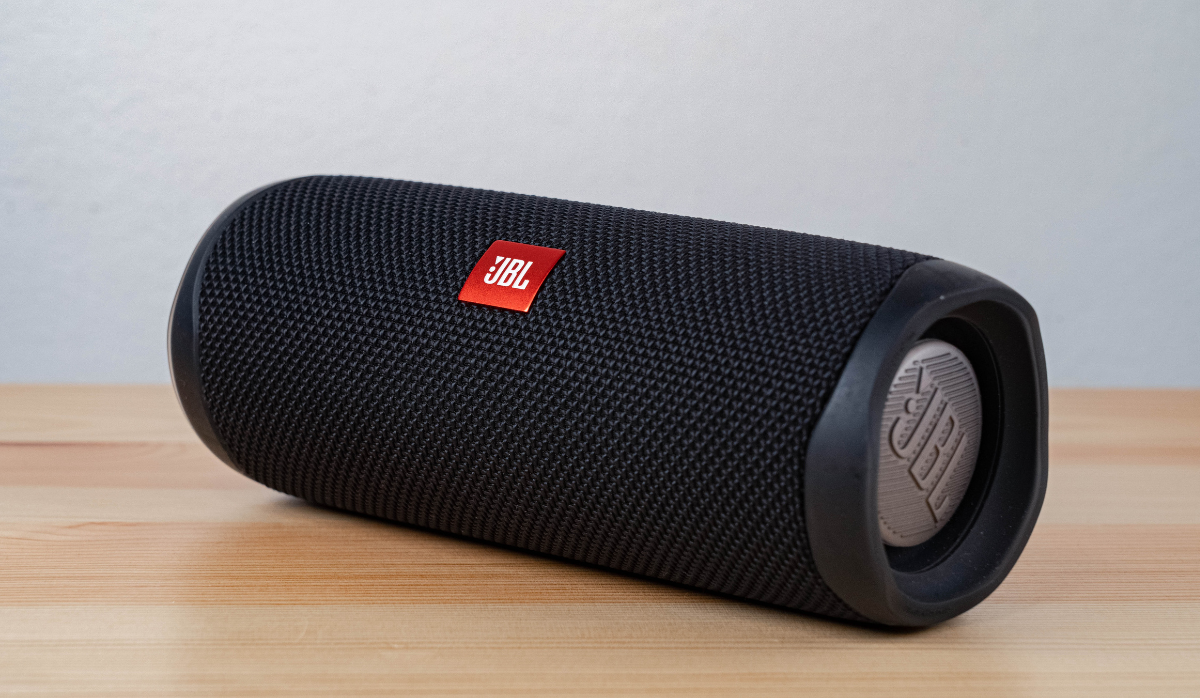Bluetooth speakers have become a popular choice for music lovers due to their portability and convenience. However, one common issue that many users face is the lack of volume from their Bluetooth speakers. Whether you’re trying to pump up the party or simply want to enjoy your music at a higher volume, there are several ways to make your Bluetooth speaker louder. In this blog post, we will discuss various tips and tricks to maximize the volume of your Bluetooth speaker and enhance your listening experience.
Maximize Volume Settings
The first step in making your Bluetooth speaker louder is to ensure that the volume settings are optimized. This may seem like an obvious solution, but often times, people overlook this simple step. Here are some ways to maximize the volume settings on your Bluetooth speaker:
Adjust Volume on Your Device
Most Bluetooth speakers come with volume controls on the device itself. However, if you are streaming music from your phone or laptop, make sure to adjust the volume on your device as well. Sometimes, the volume on your device may be set too low, which can affect the overall volume of your Bluetooth speaker.
Increase Volume Limit
Some devices have a built-in volume limit feature to protect your ears from loud sounds. While this is a safety precaution, it can also limit the maximum volume of your Bluetooth speaker. To increase the volume limit, go to your device’s settings and look for the “Volume Limit” option. From there, you can adjust the limit to a higher level.
Use Volume Boosting Apps

If adjusting the volume settings on your device and speaker still doesn’t give you the desired volume, consider using volume boosting apps. These apps work by amplifying the sound output of your device, allowing you to increase the volume beyond its maximum limit. Some popular volume boosting apps include Volume Booster GOODEV and Equalizer FX.
Optimize Speaker Placement
The placement of your Bluetooth speaker can greatly impact its volume and sound quality. Here are some tips to optimize the placement of your speaker for maximum volume:
Keep it Away from Walls
When placing your Bluetooth speaker, make sure to keep it away from walls or any other obstructions. This is because walls can absorb sound, resulting in a decrease in volume. If possible, place your speaker in an open area with minimal obstructions.
Angle Your Speaker
Another way to optimize speaker placement is by angling your speaker towards you. This will help direct the sound waves towards your ears, resulting in a louder and clearer sound. You can also experiment with different angles to find the optimal position for your speaker.
Use a Stand or Mount
If your Bluetooth speaker has a stand or mount, make use of it. Placing your speaker on a stand or mounting it on a wall can help improve the overall sound quality and volume. This is because it allows the sound to travel freely without any interference from surfaces.
Utilize Equalizer Adjustments
Equalizers are a great tool for adjusting the sound output of your Bluetooth speaker. They allow you to fine-tune the frequency levels to enhance the bass, treble, and overall volume of your speaker. Here’s how you can utilize equalizer adjustments to make your Bluetooth speaker louder:
Increase Bass Levels
Bass is an important component of music, and increasing the bass levels can make your music sound fuller and louder. Most equalizer apps have a preset option for boosting bass levels, making it easier for you to adjust the settings.
Reduce Treble Levels
While treble adds clarity to the sound, too much of it can make your music sound harsh and tinny. By reducing the treble levels, you can balance out the sound and make it more pleasant to listen to. Experiment with different treble levels until you find the right balance for your speaker.
Use Custom Equalizer Settings
If your Bluetooth speaker comes with a custom equalizer, take advantage of it. This will allow you to adjust the frequency levels according to your personal preference and the type of music you’re listening to. You can also save these settings for future use.
Check for Obstructions
Obstructions such as dust or debris can affect the sound output of your Bluetooth speaker. Make sure to regularly clean your speaker to ensure that there are no obstructions blocking the sound. Here’s how you can check for obstructions and clean your speaker:
Clean the Speaker Grill
The speaker grill is the part of your speaker that covers the actual speakers. Over time, dust and debris can accumulate on the grill, affecting the sound quality. To clean the grill, use a soft cloth or a brush to gently wipe away any dirt or debris.
Remove Dust from the Speakers

Dust can also accumulate on the actual speakers, which can impact the sound output. Use a can of compressed air to blow away any dust particles from the speakers. Be careful not to get too close to the speakers, as this can damage them.
Keep Your Speaker in a Protective Case
If you frequently take your Bluetooth speaker outdoors, consider investing in a protective case. This will not only protect your speaker from physical damage but also prevent dust and debris from entering the speaker grill.
Clear Bluetooth Cache
Sometimes, the issue of low volume on your Bluetooth speaker may be due to a glitch in the connection between your device and the speaker. Clearing the Bluetooth cache can help resolve this issue and improve the volume of your speaker. Here’s how you can clear the Bluetooth cache on different devices:
| Device | Steps to Clear Bluetooth Cache |
| Android | Go to Settings > Apps > Bluetooth > Storage > Clear Cache |
| iPhone | Go to Settings > Bluetooth > Select your speaker > Forget This Device |
| Windows | Go to Settings > Devices > Bluetooth & other devices > Select your speaker > Remove device |
Upgrade Audio Drivers
If you’re using a laptop or computer to stream music to your Bluetooth speaker, make sure to keep your audio drivers up to date. Outdated or faulty audio drivers can affect the sound output of your speaker and result in low volume. Here’s how you can update your audio drivers:
Windows
- Press Windows + X and select “Device Manager.”
- Expand the “Sound, video and game controllers” category.
- Right-click on your audio driver and select “Update Driver.”
- Follow the on-screen instructions to complete the update.
Mac
- Click on the Apple menu and select “System Preferences.”
- Click on “Software Update.”
- If an update is available for your audio driver, click on “Update Now.”
Use External Amplifiers
External amplifiers are a great way to boost the volume of your Bluetooth speaker. These amplifiers work by increasing the power output of your speaker, resulting in a louder sound. Here are some things to consider when using external amplifiers:
Compatibility
Make sure that the external amplifier you choose is compatible with your Bluetooth speaker. Some amplifiers may not work with certain speakers, so it’s important to do your research before making a purchase.
Power Output
The power output of the amplifier will determine how loud your speaker can get. Make sure to choose an amplifier with a higher power output than your speaker’s maximum power handling capacity.
Connection Method
There are different types of connections for external amplifiers, such as RCA, 3.5mm, and Bluetooth. Choose a connection method that is compatible with your speaker and provides the best sound quality.
Consider Speaker Enclosures
Speaker enclosures are another way to boost the volume of your Bluetooth speaker. These enclosures work by trapping and amplifying the sound waves, resulting in a louder and clearer sound. Here are some things to consider when using speaker enclosures:
Size
The size of the enclosure will determine how much the volume of your speaker will increase. Larger enclosures can provide a bigger boost in volume, but they may not be as portable.
Material
Speaker enclosures are made from different materials such as wood, plastic, or metal. Each material has its own acoustic properties, so make sure to choose one that will enhance the sound quality of your speaker.
Compatibility
Just like external amplifiers, make sure that the speaker enclosure you choose is compatible with your Bluetooth speaker. Some enclosures may only work with specific models or brands of speakers.
Experiment with Different Sound Profiles
Most Bluetooth speakers come with preset sound profiles such as “Bass Boost” or “Party Mode.” These profiles are designed to enhance certain aspects of the sound, such as bass or treble. Experimenting with different sound profiles can help you find the right balance for your speaker and make it louder.
Troubleshoot Sound Card Issues
If you’re still experiencing low volume on your Bluetooth speaker, there may be an issue with your sound card. Here are some steps you can take to troubleshoot sound card issues:
Update Sound Card Drivers
Just like audio drivers, it’s important to keep your sound card drivers up to date. Outdated drivers can cause issues with the sound output of your speaker. Follow the same steps as updating audio drivers (mentioned above) to update your sound card drivers.
Check Sound Card Settings
Make sure that the sound card settings on your device are optimized for maximum volume. You can access these settings through your device’s control panel or system preferences.
Replace Sound Card
If none of the above solutions work, there may be an issue with your sound card. Consider replacing it with a new one to improve the volume and sound quality of your Bluetooth speaker.
Conclusion
In conclusion, there are several ways to make your Bluetooth speaker louder and enhance your listening experience. By maximizing volume settings, optimizing speaker placement, utilizing equalizer adjustments, and troubleshooting any issues, you can significantly increase the volume of your Bluetooth speaker. Experiment with different methods and find what works best for your specific speaker model and personal preferences. With these tips and tricks, you can enjoy your music at a higher volume and take your listening experience to the next level.
Read more blogs at Business time daily

